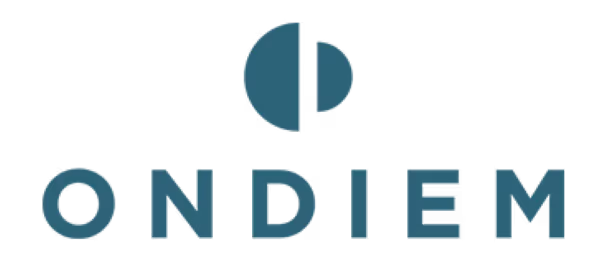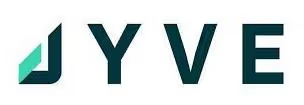Across 200+ companies and 7 major labor categories, one thing is clear: staffing is no longer about filling jobs—it’s about building infrastructure.
The past decade has seen venture-backed platforms rethink how talent is sourced, managed, and monetized across sectors as diverse as healthcare, construction, retail, logistics, and creative services. What looks like convenience to the client is, under the hood, a transformation of compliance, payments, and operational complexity into software.
These platforms don’t just staff labor—they productize it.
Credentialing, shift scheduling, time tracking, and payments are increasingly bundled into seamless experiences for both clients and workers. Platforms like IntelyCare (healthcare) and Instawork (hospitality) are examples of this full-stack execution.
Top platforms lead with transparency, instant pay, and flexible scheduling. Clinicians, movers, merchandisers, and creatives all expect consumer-grade interfaces and financial control.
Winning platforms go deep: veterinary staffing, fractional CFOs, legal ops, or warehouse logistics. Each vertical demands tailored compliance, workflows, and worker networks.
From eldercare to education to professional services, companies are shifting from 1099 to W-2 to unlock enterprise clients, improve continuity, and reduce legal risk.
With new legislation like AB5 and increased scrutiny around classification, platforms that embed onboarding, background checks, and pay rules are winning trust—and deals.
Crisis meets innovation. Platforms like ShiftMed and Nomad Health enable per diem, travel, and permanent staffing via mobile-first, credentialed, and AI-matched workflows. Fast pay, transparency, and worker-first design are key differentiators.
Speed rules. From Qwick to Jyve!, platforms fill last-minute, high-volume, soft-skill roles. Same-day pay, backup matching, and geographic density strategies separate leaders from laggards.
The real economy gets digitized. Workrise and Jobandtalent bring shift-based models to warehouse and construction staffing. Demand surges from reshoring, automation, and aging tradespeople fuel growth.
The backbone of instant everything. GoPuff, Alto, and Lugg show how 1099 and W-2 models are tools, not identities. The ability to scale labor regionally, compliantly, and rapidly defines platform success.
Freelancing 3.0. A.Team, Catalant, and Contra enable companies to scale ideas—not headcount—by assembling project-based teams with instant payments, upskilling, and community baked in
From headcount to output. Platforms like Upwork and Lawtrades replace traditional recruiters with AI-matched experts, embedded project teams, and fractional executives. Compliance and HRIS/VMS integration are key to scaling.
Domestic labor becomes programmable. From eldercare (Honor) to furniture assembly (Handy), platforms compress trust, scheduling, and payments into consumer-grade UX. W-2 is becoming the default in caregiving and healthcare-adjacent verticals.
This isn’t just a tech trend—it’s a business model shift. VC-backed staffing companies are not intermediaries; they are becoming operating systems for labor.
And the most successful platforms?
They don’t just offer access to workers—they offer certainty, speed, and scale.

.avif)







.svg)

.svg)











.avif)
.svg)

.svg)


.svg)



.svg)
.svg)
.avif)
.png)




.svg)




%20(1).avif)




.svg)









.svg)





.svg)
.webp)



















.svg)


.svg)

.svg)


-1.avif)







.svg)
.avif)


.svg)
.png)


.svg)

.svg)

.avif)
.svg)


.svg)


.svg)





.avif)
.svg)


.svg)

.svg)
.svg)

.avif)
.svg)

.svg)
.svg)

.svg)

.svg)
.svg)


.svg)
.svg)

.svg)
.svg)











.avif)




.svg)



.avif)

.svg)









.svg)



.svg)



.svg)
.svg)

.svg)




.svg)

.svg)
.svg)
.svg)




.svg)
.avif)



.svg)


.svg)


Zeal is a financial technology company, not an FDIC insured depository institution. Banking services provided by Bangor Savings Bank, Member FDIC. FDIC insurance coverage protects against the failure of an FDIC insured depository institution. Pass-through FDIC insurance coverage is subject to certain conditions.
Mastercard® Debit Card is issued by Bangor Savings Bank, Member FDIC, pursuant to license by Mastercard International Incorporated. Mastercard is a registered trademark, and the circle design is a trademark of Mastercard International Incorporated. Spend anywhere Mastercard is accepted.